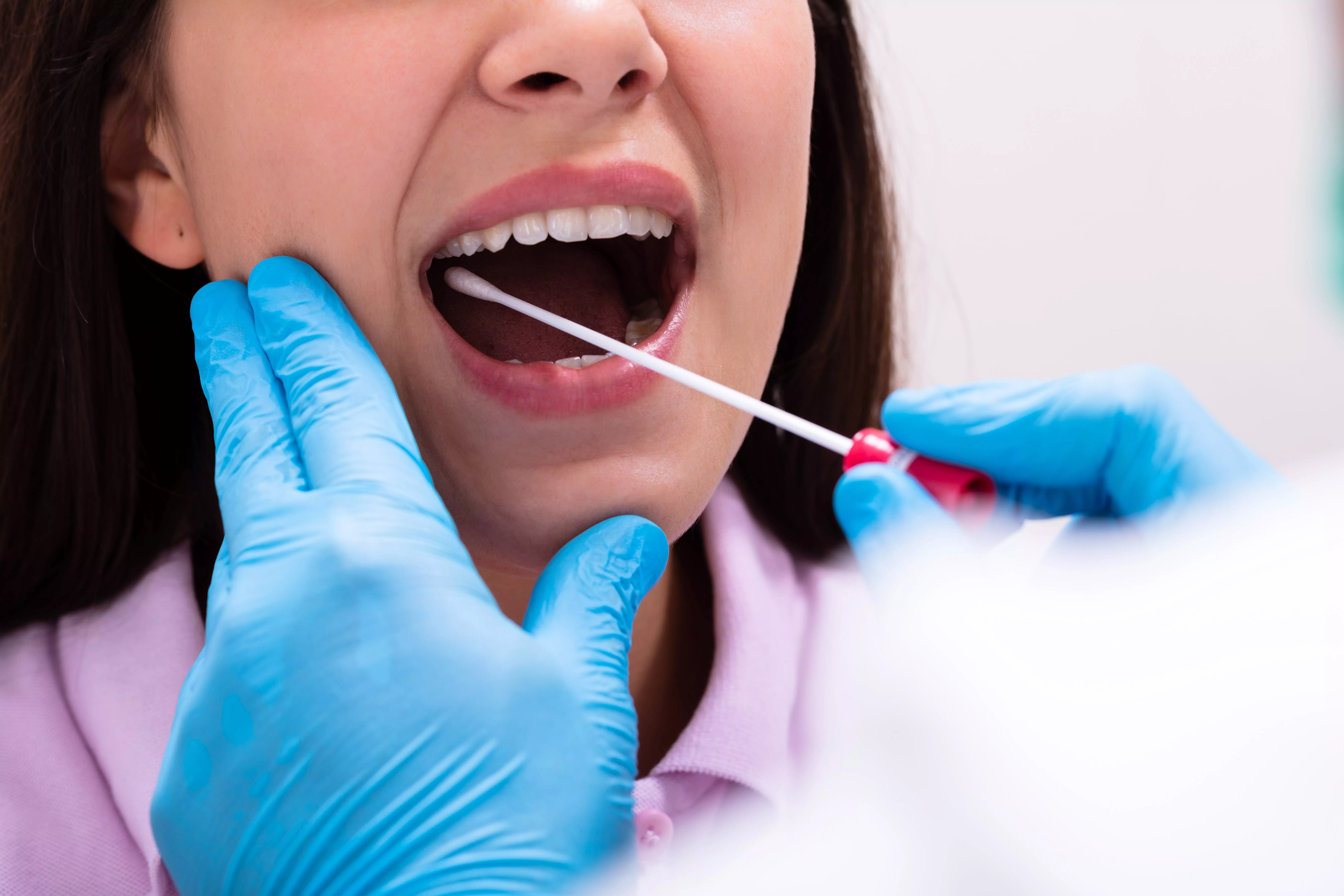
Shutterstock.com
The use of rapid antigen detection tests (RADTs) in community pharmacies for the diagnosis and management of people with group A streptococcal infections should not be routinely adopted, according to guidance from Health Technology Wales (HTW).
RADTs are point-of-care tests that can be used in primary care to help diagnose cases of sore throat caused by group A streptococcal infections and guide antibiotic prescribing decisions. Currently, best practice for testing is to take a throat swab from the patient, which is then sent away to a laboratory to test for the presence of the bacteria.
A sore throat test and treat (STTT) on-the-spot throat swab scheme, which uses RADTs, was launched in selected pharmacies in the Cwm Taf Morgannwg University and Betsi Cadwaladr University health board areas in the autumn of 2018. The service was launched as part of NHS Wales’ ‘Choose pharmacy’ service and was due to be expanded to cover all seven health boards, although it has now been suspended because of the COVID-19 pandemic.
Andrew Evans, chief pharmaceutical officer for Wales, commissioned HTW to assess the use of the test, specifically in community pharmacies, because of its potential to alleviate pressure on GPs and improve the stewardship of appropriate antibiotic prescribing.
The appraisal panel found that, although there was “some promising evidence” around RADTs in community pharmacy and a health economic analysis had found it to be cost-effective, overall, the evidence was limited.
However, HTW did acknowledge that there was “a demand” for the service in Wales, adding that, where it was already being put into practice, it would be “beneficial” to encourage studies.
“Further research is recommended to demonstrate the clinical effectiveness of RADT in the community pharmacy setting,” it said.
HTW said NHS Wales “should adopt this guidance or justify why it has not been followed”.
In August 2020, a survey of 510 people who accessed the community pharmacy STTT service found that 98% said they were satisfied with the service, and, after using it, 99% of respondents stated that they would return to a pharmacy for subsequent sore throat symptoms.
In a statement, Community Pharmacy Wales said: “Previous evaluation of the service was positive with a high patient satisfaction rate, reduction in antibiotics and support from GP practices (with high referral rates from other services to the community pharmacy service).
“CPW are keen to understand more from both WG and HTW in respect of what further evidence and evaluation is required before the service can be routinely adopted within community pharmacy.”


